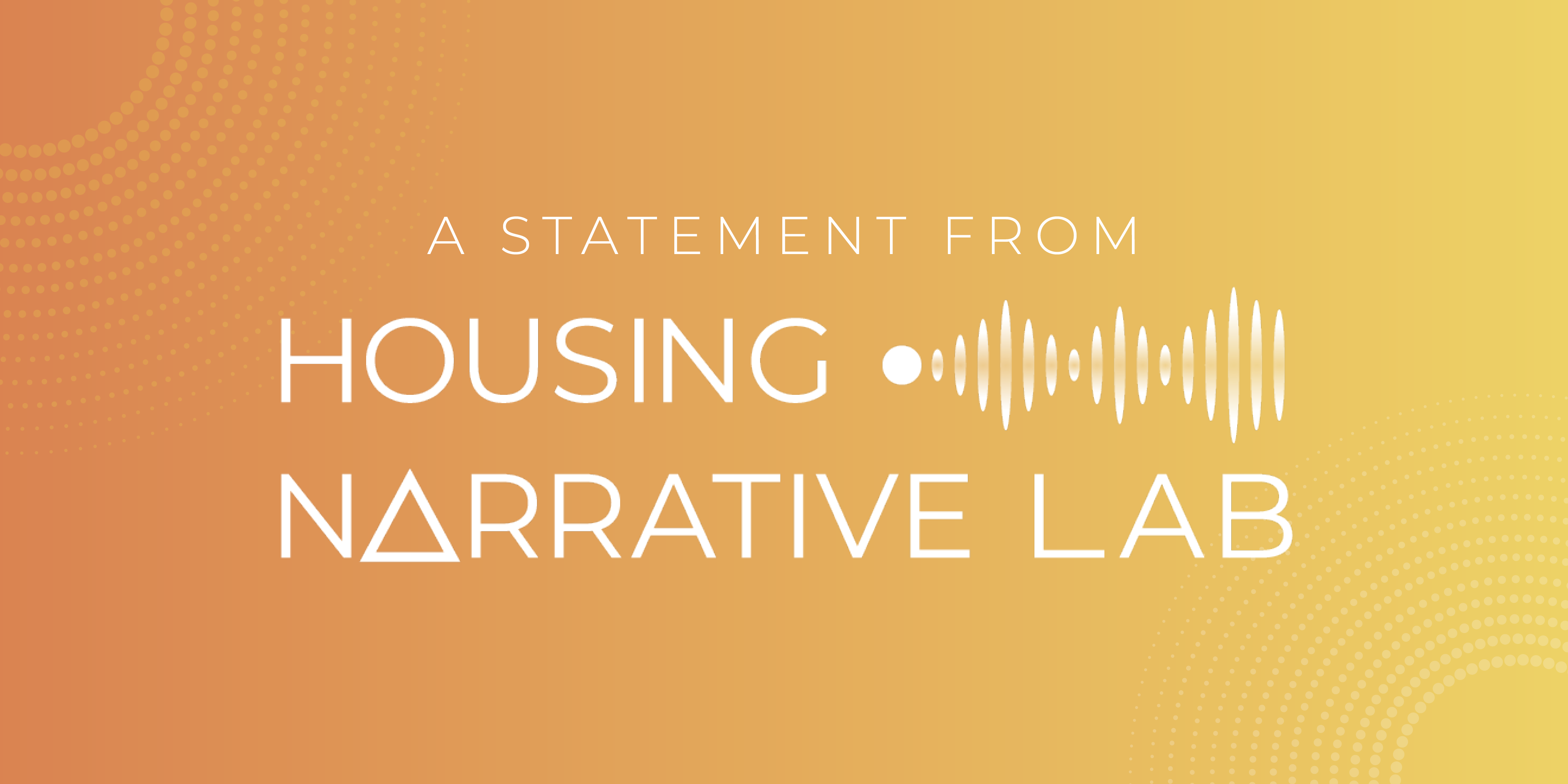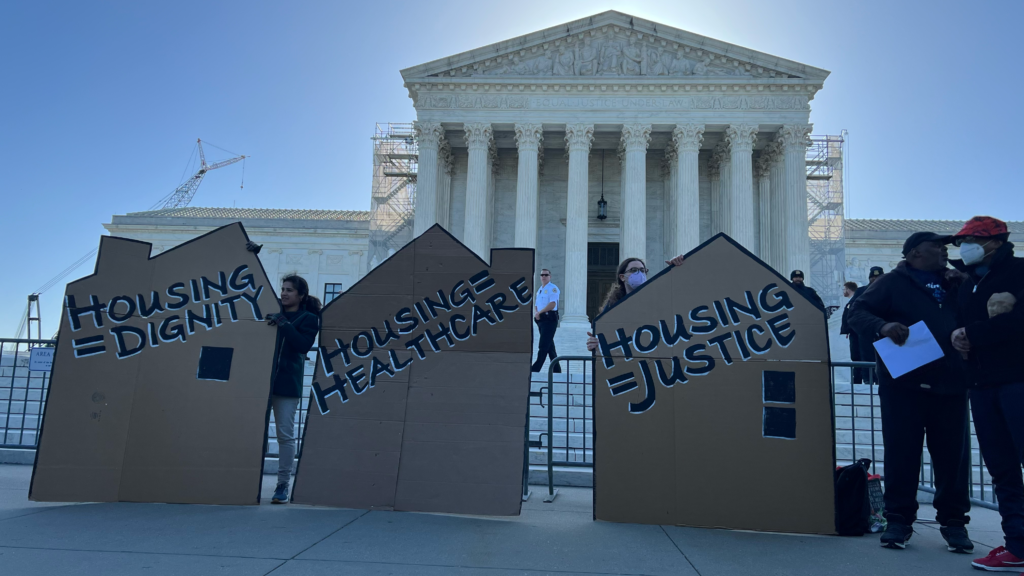


Statement on SCOTUS Grants Pass, Oregon v. Johnson Ruling
06/24/2024

We’ve been holding our collective breath, waiting for this ruling. Now the real work begins.
Ever since the Supreme Court of the United States decided to hear the case, Johnson v Grants Pass, those of us working to ensure everyone has a safe and affordable place to live have been holding our breath while working hard to focus on the path ahead.
Regardless of the ruling, we knew it would not solve homelessness. Homelessness is the result of decades of policy and budget decisions, and solving it requires our country to fundamentally change how it thinks about and funds housing. That is the work ahead.

Here’s the Lab’s official statement:
We are deeply disappointed in the Supreme Court’s decision in Johnson v. Grants Pass. The majority’s decision is out of step with public sentiment. Our recent research shows that seven out 10 respondents reject jailing, ticketing and fining people who have nowhere else to go. As astonishing numbers of people from all backgrounds struggle to find and afford housing, we know that the court’s ruling will make homelessness worse. Elected leaders across the country should recognize what common sense tells us – we cannot solve homelessness by punishing people. Despite this ruling, people in every town and city must push officials to focus on what has been proven to work – ensuring there is enough housing that everyone can afford and the support services people need to thrive.
But this is more than a ruling.
With so many people struggling to get or stay housed we have to seize this moment and build a coordinated, bold movement for real, compassionate and effective solutions.
Changing how people think and feel about the causes of homelessness and the people who struggle to get or keep their housing is the essential first step and the Lab is proud to be part of this work along with many others. We’ve created resources for the field, including this message guide executive summary.
Everyone, no matter their race, gender or income, needs a safe place to live.
Onward.
1828 L St. NW
Suite 300
Washington, DC 20036
© Copyright 2026 Privacy Policy